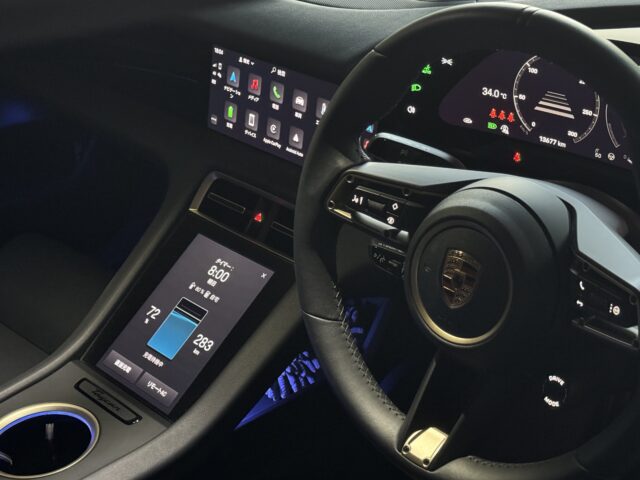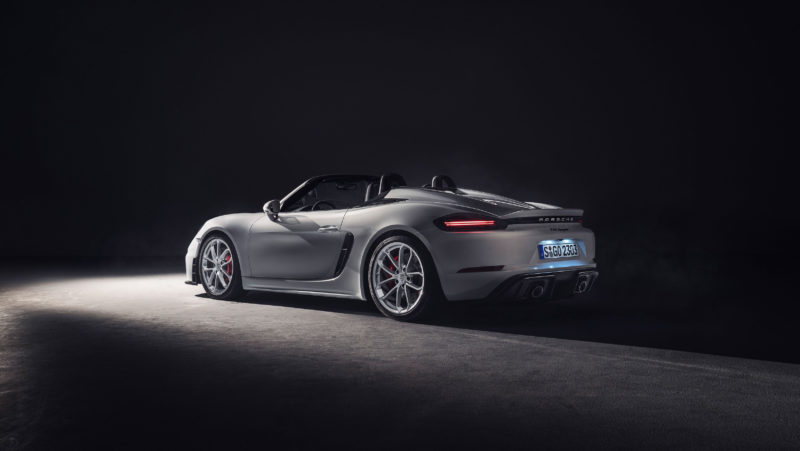Porsche Significantly Revises EV Strategy - Flexible in Response to Increased Demand for Internal Combustion Engine Models
Release Date

contents
Porsche Announces Revision of EV Strategy
Porsche has announced a major revision of its electric vehicle (EV) strategy. This decision is said to be in response to sluggish sales of the Taikan and strong demand for internal combustion engine models. The fact that Porsche, which has been active in the EV market in the past, has made such a change in policy is a true testament to customer preferences and their attachment to conventional powertrains.
Lutz Meschke, CFO of Porsche, said.It is a clear trend that many customers in the premium and luxury segment are looking in the direction of internal combustion engine vehiclesstated, "We are very pleased to be able to offer this service. In response to this trend, Porsche has developed the following strategy.
- Refresh existing internal combustion engine models such as Panamera and Cayenne
- Continued development of plug-in hybrid models
- Flexible production line - internal combustion engine vehicles, plug-in hybrids, and EVs can be produced on the same line
- Increased flexibility in R&D - Development of internal combustion engine derivatives of EV models
Possibility of installing internal combustion engines in EV models
Porsche was initiallyConsider incorporating internal combustion engines and hybrid options into a model lineup that had been developed solely with EVs.He says he is doing so.
However, there are many technical challenges to this plan, he said.
For example, the next generation 718 Boxster and Cayman are being developed as fully electric and will be announced soon. In order to install internal combustion engines in these models, a major redesign will be required. Even if it were to be realized, it would likely take several years to bring them to market.
The flagship K1 SUV, scheduled for launch in 2028, was also initially conceived as an EV. However, given its size and development timeline, an adaptation to a hybrid powertrain is seen as more likely.
Market Trends and Porsche's Performance
Porsche had previously planned to convert 801 TP3T of its production to EVs by 2030. The remaining 20% were to be occupied by 911s, and the company planned to avoid full electrification until the mid-2030s, while introducing its first hybrid model.
The Taikan initially sold well, but sales have plummeted since the beginning of 2024. In particular.Noticeable decline in the Chinese marketplace.He said that it was. On the other hand, the internal combustion engineSales of the 718 series remain strong.The company is doing so, he said.
As a result, Porsche's operating income for the period January-September 2024 fell by 26.71 TP3T year-on-year to 5.5 billion euros (about $595 million).

Future Outlook
Porsche's change of strategy this time,A careful assessment of the market reaction to the rapid shift to EVsIt can be said that It is expected that the company will aim to build a well-balanced lineup that flexibly responds to customer needs while also conforming to environmental regulations.
In the future, there is a strong possibility that internal combustion engine models and EV models will coexist for a longer period of time. In addition, further advances in hybrid technology and the practical application of synthetic fuels may also have a significant impact on Porsche's powertrain strategy.
For Porsche enthusiasts, this is positive news in that they will have a wider range of choices. Whether you want to enjoy the traditional engine sound and driving feel or experience the latest EV technology, the era of being able to choose the Porsche that best suits your needs is likely to continue for some time.
Follow me if you like this blog!


Comment ( 0 )
Trackbacks are closed.
No comments yet.